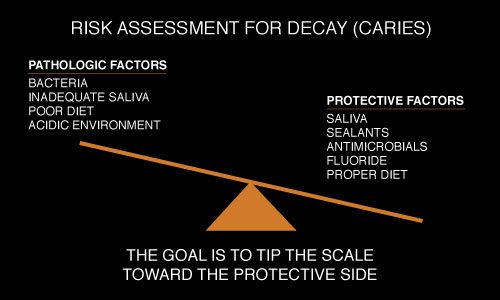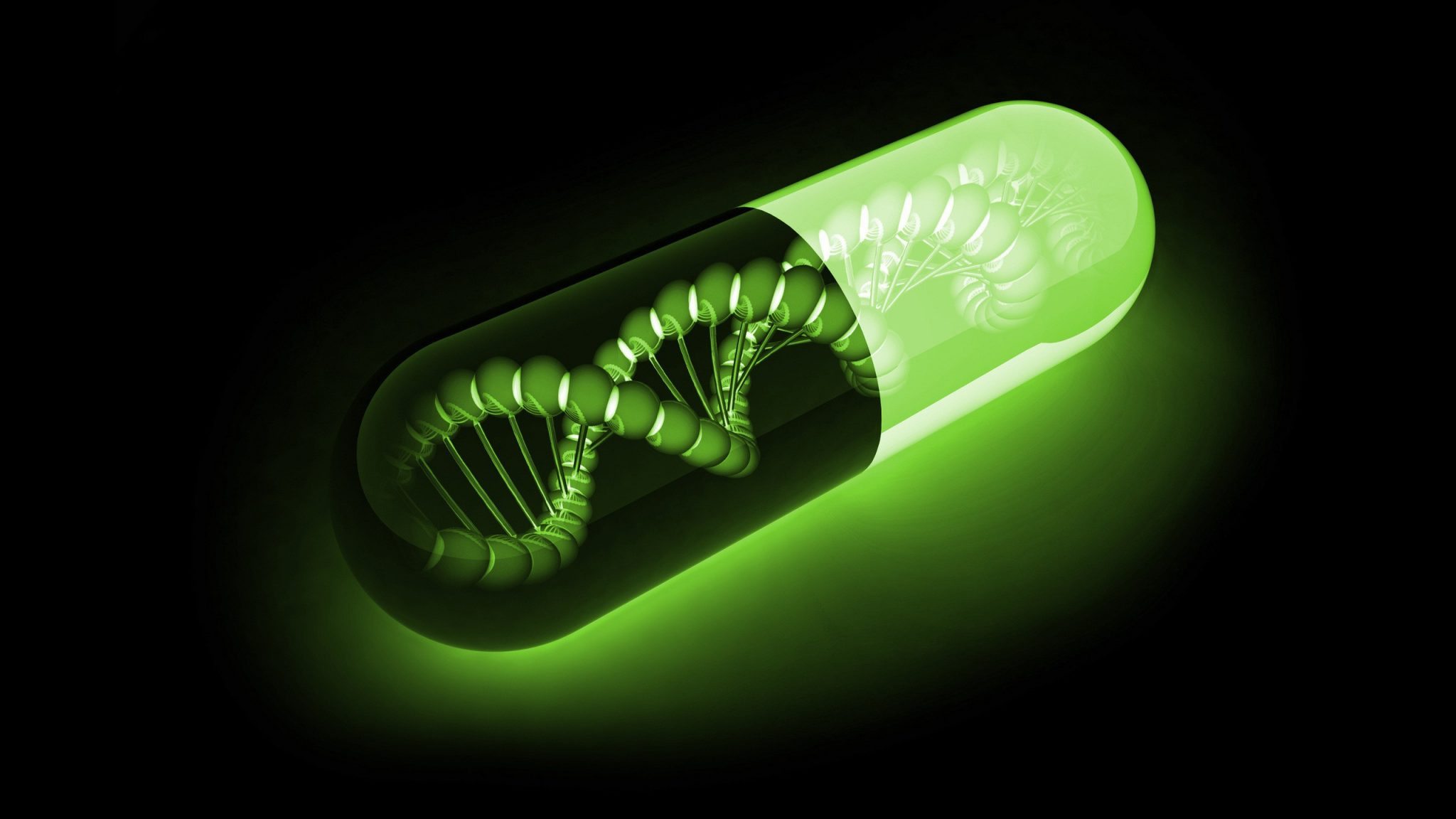-
Caries Management Program
People of all ages recognise the importance of plenty of water, rest and regular exercise and the importance of routine dental examinations and eating a balanced diet. Maintaining a healthy mouth is also an important step to a healthier life. Regular preventive care is the best way to keep your mouth healthy and comfortable and to avoid dental and medical treatment.
Many people think having cavities is just a part of life, but it doesn’t have to be. It should be noted that dental caries is an infectious, communicable disease resulting in destruction of tooth structure by acid-forming bacteria found in dental plaque, an intraoral bio-film, in the presence of sugar.
The infection results in loss of tooth minerals that begin on the outer surface of the tooth and can progress through the dentin to the pulp, ultimately compromising the vitality of the tooth New research and new products offer the possibility of a future without tooth decay. We have a strong commitment to prevention. Teeth are meant to last a lifetime and we help our patients achieve this through the Caries Management Program, a preventative program designed for each of our patients.
It is a systematic approach designed to recognise individual susceptibility, reduce bacteria and control other factors that cause dental caries. This preventative program has been highly effective to minimise the risk of developing caries for our higher risk patients and has been effective in teaching other patients not at a high risk how to stay that way.

-

Caries Risk Test – Saliva Check Mutans
This is a simple test of the patient’s saliva performed in the surgery to measure the levels of the Streptococcus Mutans and Lactobacillus Bacteria present in a patient’s mouth and the salivary flow rate of the patient. High counts of these two bacteria indicate a high caries risk status. If protective factors cannot take effect, carious lesions will develop. Bacteria test provides us with fundamental information before any changes in the tooth structure can be detected.
As a result, we have the possibility of introducing adequate counter measures at an early stage. The best prevention is to assess the patient’s bacterial levels and salivary flow rate prior to the patient developing caries. Therefore, this test is done at the first examination and also at recall visits for high risk patients since caries risk changes with stress, diet, medication, illness and the salivary flow.
-
Diet Evaluation and Analysis
Our highly educated and experienced holistic nutritionist offer support in discovering what part of your diet maybe contributing to tooth decay. Foods that contain carbohydrates (sugars and starches) include soda, ice cream, candy, milk, cake, rice, fruits, vegetables and juices. You might be surprised at how little sugar it takes to act on bacteria that cause caries. And you might be surprised at some of the foods that contain sugar.
Bacteria interact with the deposits left on teeth from sugars and starchy foods produce acids. These acids subsequently change tooth enamel over time by dissolving or decriminalising the mineral structure of teeth leading to caries and compromised tooth structure. The frequency and time of day you ingest carbohydrates can also be a factor. Each person is different and we want to assist you make correct healthy choices based on your individual needs and requirements.

-

Holistic Nutritionist
Mainstream Dental medicine does not emphasise the significance of poor nutrition as a major cause of a wide range of dental health disorders. Although most people are aware of the benefits of sound nutrition, the range of conflicting information available to individuals is often confusing. We will guide you through the maze of information from books, magazines, supplements and diets available on the market. We work with our patients to identify and help correct the nutritional causes of dental diseases, such as gum disease, general inflammations and tooth decay.
